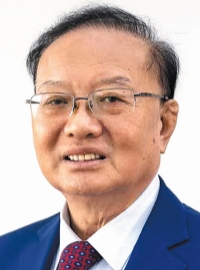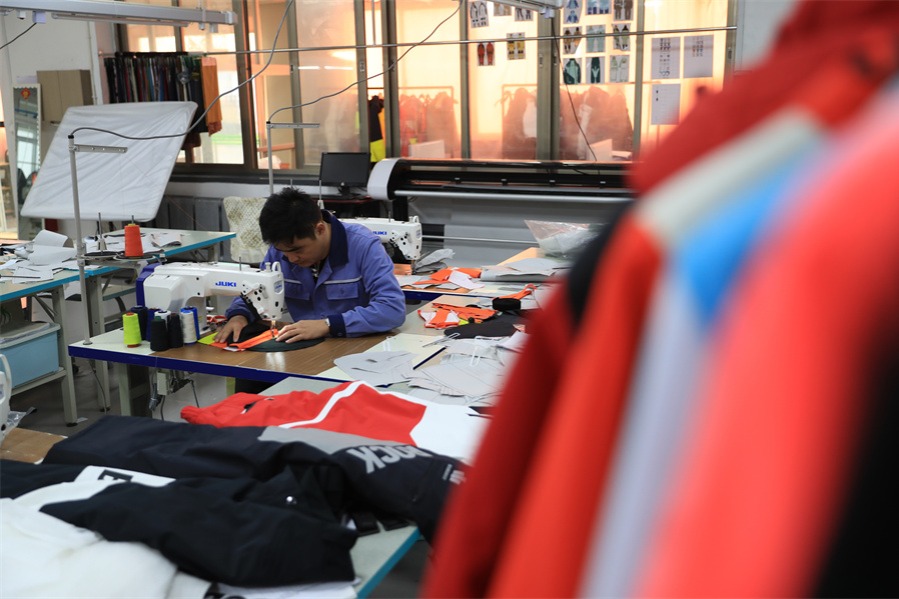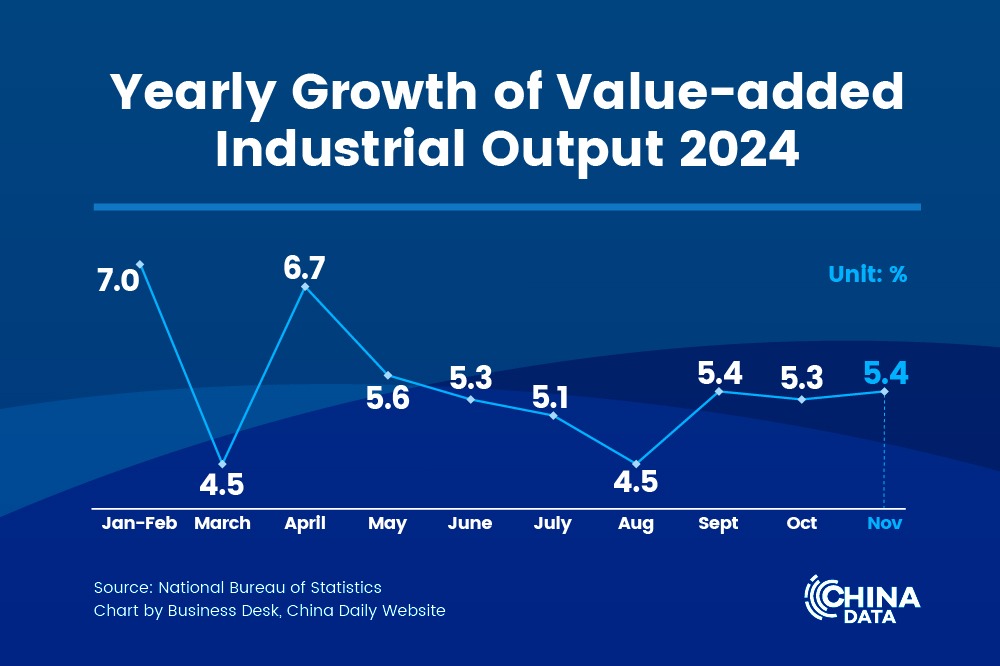Stimulating demand tops policy agenda
Commerce Ministry eyes larger scope for consumer goods trade-in program

More policies are in the pipeline to supercharge domestic demand, with analysts forecasting a doubling of ultra-long special treasury bonds targeting consumption and an expansion of the scope of trade-in programs to encompass a wider range of product categories.
Citing the recently concluded Central Economic Work Conference, analysts said stimulating domestic demand is a top priority among announced major tasks for the coming year, especially amid escalating external challenges. The meeting emphasized that "efforts should be made to vigorously boost consumption and improve investment efficiency".
Sheng Qiuping, vice-minister of commerce, said that against the backdrop of external uncertainties and trade tensions, measures to boost domestic demand are envisioned to promote the integrated development of domestic and international trade, facilitate smooth transitions between the two markets and offer strong support for economic development.
"We expect the support for consumption through ultra-long special treasury bonds to rise from this year's 100 billion yuan-150 billion yuan ($13.7-20.6 billion) level to an estimated 200 billion yuan-300 billion yuan level. By 2025, consumer electronics and home furnishings are likely to be included among supported categories under the trade-in policy," said Yu Xiang, chief analyst of policy research at CITIC Securities.
Yu said that following the reinforced countercyclical policies in late September, the impact of intensified consumer goods trade-in policy on retail sales growth has been substantial.
According to the National Bureau of Statistics, retail sales of household appliances/audiovisual equipment, furniture, automobiles, and construction and decoration materials saw respective increases of 22.2 percent, 10.5 percent, 6.6 percent and 2.9 percent, buoyed by the consumer goods trade-in policy.
The total retail sales of consumer goods amounted to 4.3763 trillion yuan in November, marking a 3 percent year-on-year increase. From January to November, total retail sales of consumer goods reached 44.2723 trillion yuan, showing a 3.5 percent year-on-year growth.
The research institute at China International Capital Corp Ltd estimates that fiscal subsidies for the trade-in program in the fourth quarter could reach around 120 billion yuan. If this momentum is sustained throughout next year, the required subsidy amount is expected to see a significant increase. Potential areas for future expansion include communication products, consumer electronics, various small household appliances and household items.
Sheng, the vice-minister, said that moving forward, active collaboration with the National Development and Reform Commission — the country's top economic regulator — and other departments will be crucial to broadening the scope of coverage of the consumer goods trade-in policy, ensuring more consumers benefit tangibly.
Furthermore, he highlighted the importance of cultivating and expanding new forms of consumption to invigorate retail sales vitality, such as developing a "first-launch economy" — economic strategies where businesses introduce new products, launch new formats, models, services and technologies, and open flagship stores.
More efforts are also expected to boost digital consumption, advance sales of new energy vehicles and green smart home appliances, develop the ice and snow economy such as ice skating and skiing, and promote the silver economy catering to seniors, Sheng added.
"Further efforts are needed to boost the development of new consumption sectors like eldercare, health and cultural tourism. Bold reforms, comprehensive measures to promote consumption, and the innovation and upgrade of consumption scenarios should be advocated to attract more consumers," said Wei Jianguo, former vice-minister of commerce.
Wei called for enhancing coordination between government and enterprises, accelerating optimization of enterprise-related services, making the business environment more vibrant, innovating consumption scenarios and boosting consumption growth.
Wang Yiming, vice-chairman of the China Center for International Economic Exchanges, pointed out that the goods consumption market may have reached a saturation point, necessitating a shift in policy focus toward services consumption.
Overcoming institutional barriers and enhancing distinctive product offerings in the services sector are deemed essential to cater to the diverse service consumption demands of various demographics, Wang said.





































